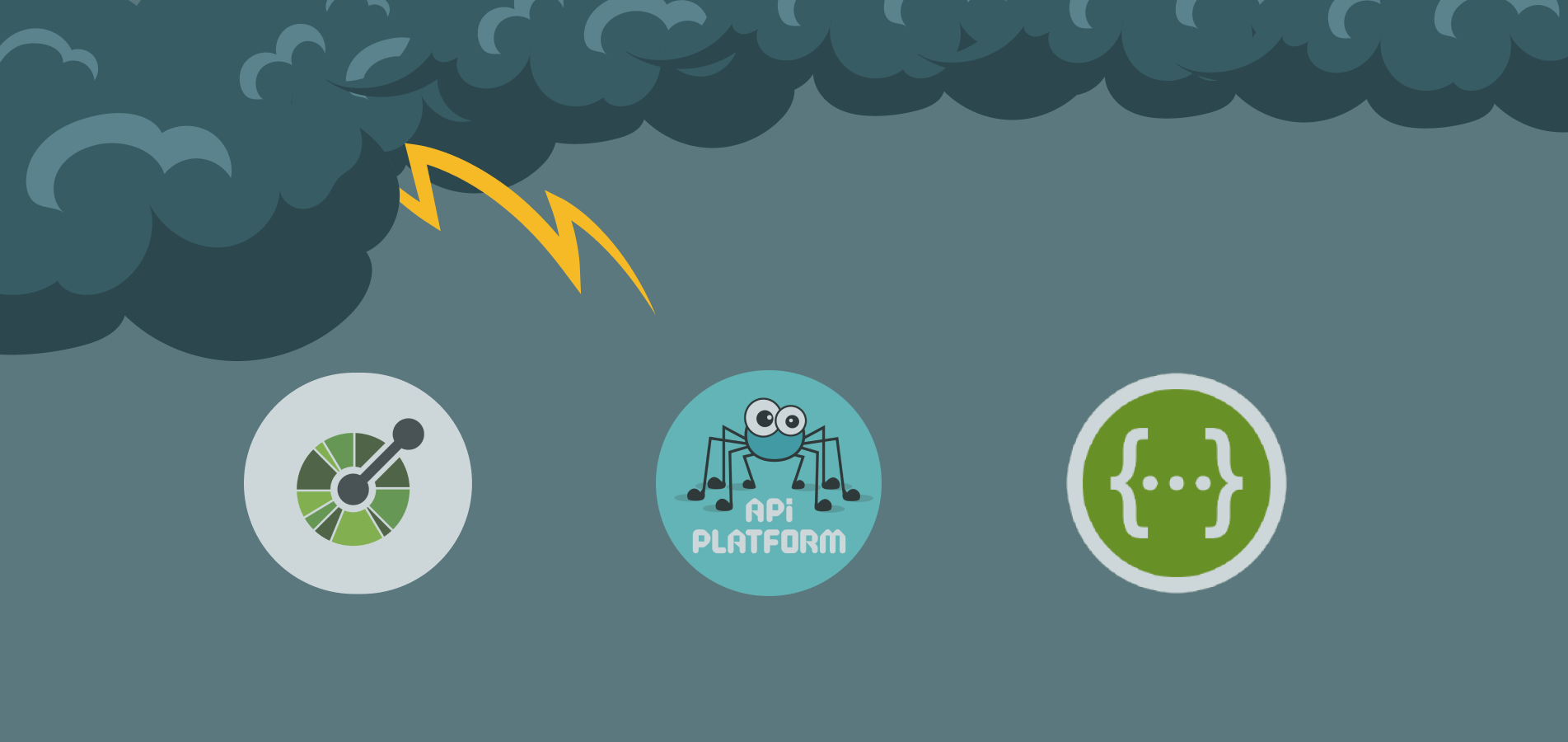
Unlocking API Potential with API-Platform, Swagger, OpenAPI, and Hydra
-
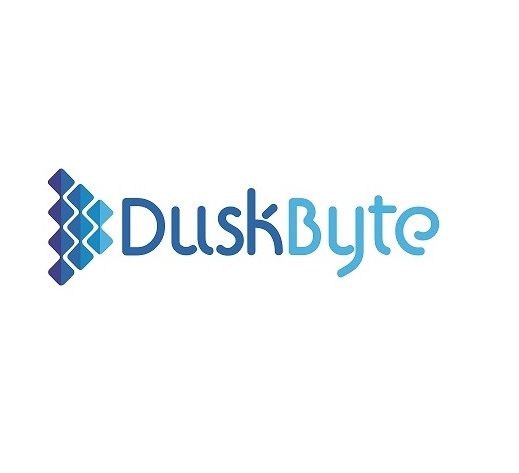
-
Author
Duskbyte Staff -
Published
The API-Platform is a comprehensive framework designed to build API-driven projects. It’s built on top of the Symfony framework in PHP, providing tools to develop APIs that follow the REST and GraphQL specifications. The platform is known for its high performance, flexibility, and extensive set of features that simplify the creation and maintenance of modern web APIs.
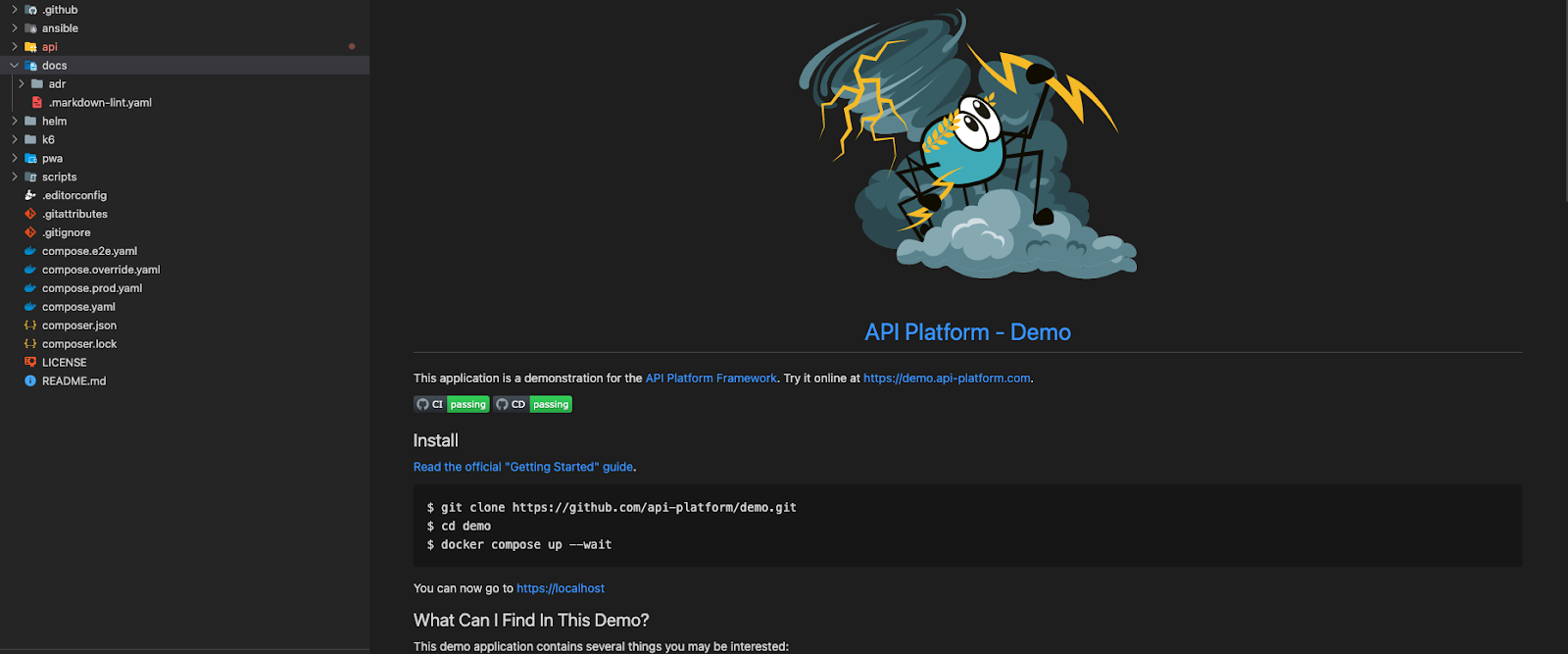
Let’s delve into the pivotal features and facets that define the API-Platform:-
API-Platform:- REST and GraphQL Support: API-Platform supports both REST and GraphQL APIs, making it versatile for various types of projects. You can create APIs that adhere to the REST architectural style or leverage GraphQL for more complex queries.
Data Model Definition:- It allows developers to define their data models using popular formats such as Doctrine entities in PHP. API-Platform automatically handles CRUD operations (Create, Read, Update, Delete) for these models.
Serialization and Validation:- The framework provides robust serialization and validation mechanisms. It can serialize data models to formats like JSON, XML, and others, and supports validation rules to ensure data integrity.
Security:- Security is a top priority, and API-Platform includes features to secure your APIs with authentication and authorization mechanisms.
Documentation:- It automatically generates API documentation from your definitions, making it easier for developers to understand and consume your APIs. This documentation is interactive, allowing for direct API testing.
Client Generation:- Beyond the server-side, API-Platform can also generate client-side applications or components (like React, Vue.js) based on the API definitions, speeding up full-stack development.
Ecosystem Integration:- Being built on Symfony and compatible with many of its components, API-Platform seamlessly integrates into the Symfony ecosystem, benefiting from its extensive set of features, bundles, and community support.
Performance:- API-Platform is designed with performance in mind, offering built-in cache mechanisms, efficient database queries, and optimized data serialization to ensure fast response times.
Whether you’re working on a basic CRUD API or a complex application requiring advanced GraphQL querying, API-Platform’s comprehensive documentation and strong community support make it an ideal choice for developers seeking a reliable and scalable framework for their web
Empowering Development with the API-Platform: Harnessing Swagger, OpenAPI, and Hydra for Comprehensive API Documentation and Integration
API-Platform integrates seamlessly with industry-standard API documentation and description formats such as Swagger, OpenAPI, and Hydra. These features significantly enhance the platform’s utility by providing comprehensive, standardized documentation for APIs, which is essential for development, integration, and adoption. Here’s how API-Platform leverages these technologies:
Swagger / OpenAPI:- Swagger, now known as OpenAPI, is a widely adopted specification for describing RESTful APIs. It provides a standard way to understand and interact with APIs without accessing their source code. API-Platform automatically generates OpenAPI documentation for your APIs. This documentation is interactive, allowing developers to test API endpoints directly from the browser. The integration with Swagger/OpenAPI makes it easier to share your API with other developers, create client SDKs, and ensure your API is understood and used correctly.
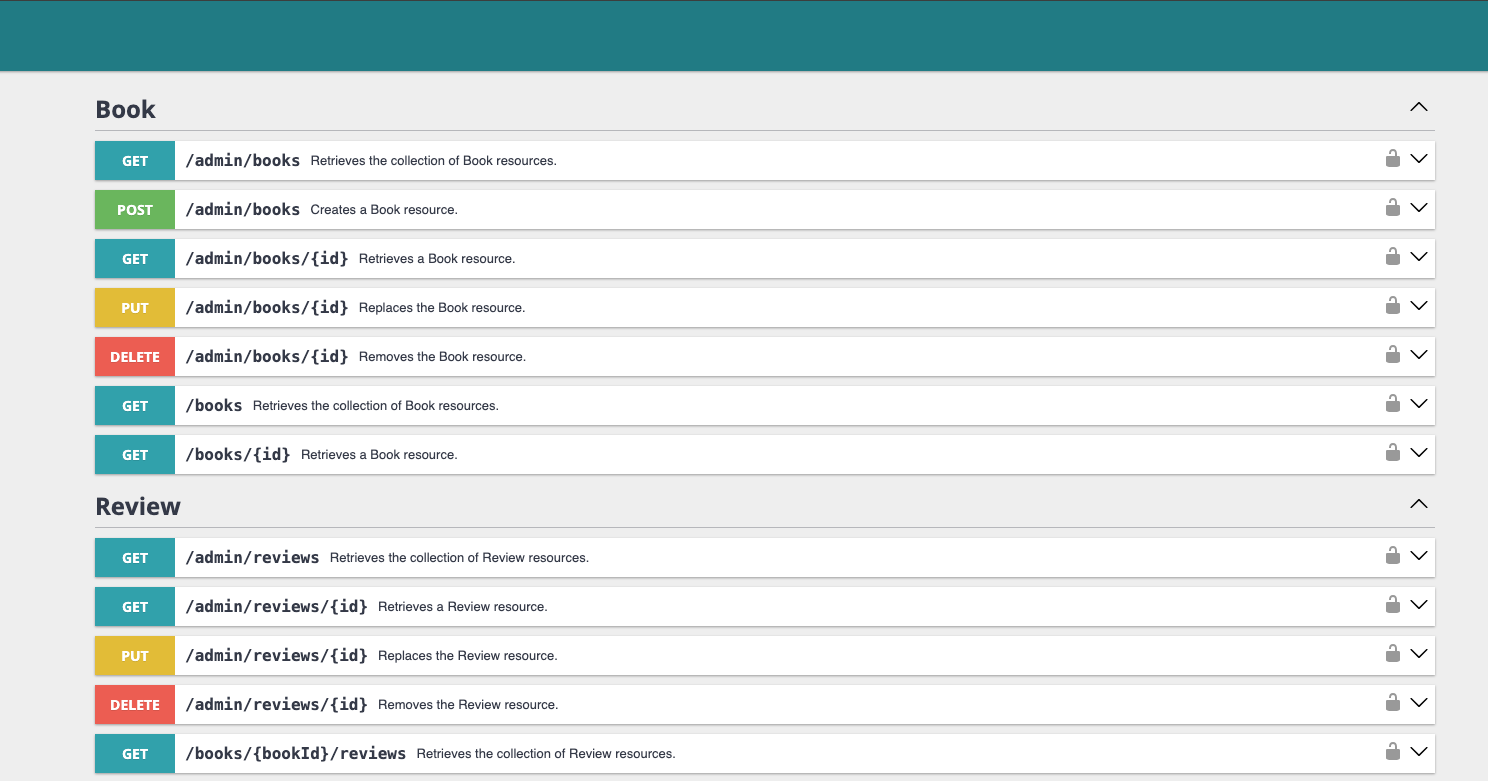
Hydra:- Hydra is a specification for building hypermedia-driven APIs. It’s based on JSON-LD (JSON for Linked Data), aiming to create more intelligent and discoverable APIs by embedding context and links to other resources within API responses. API-Platform supports Hydra, allowing you to build APIs that are self-descriptive and can guide the client through the application state seamlessly. This is particularly useful for building web applications that fully leverage the principles of the modern web, including linking and state management.
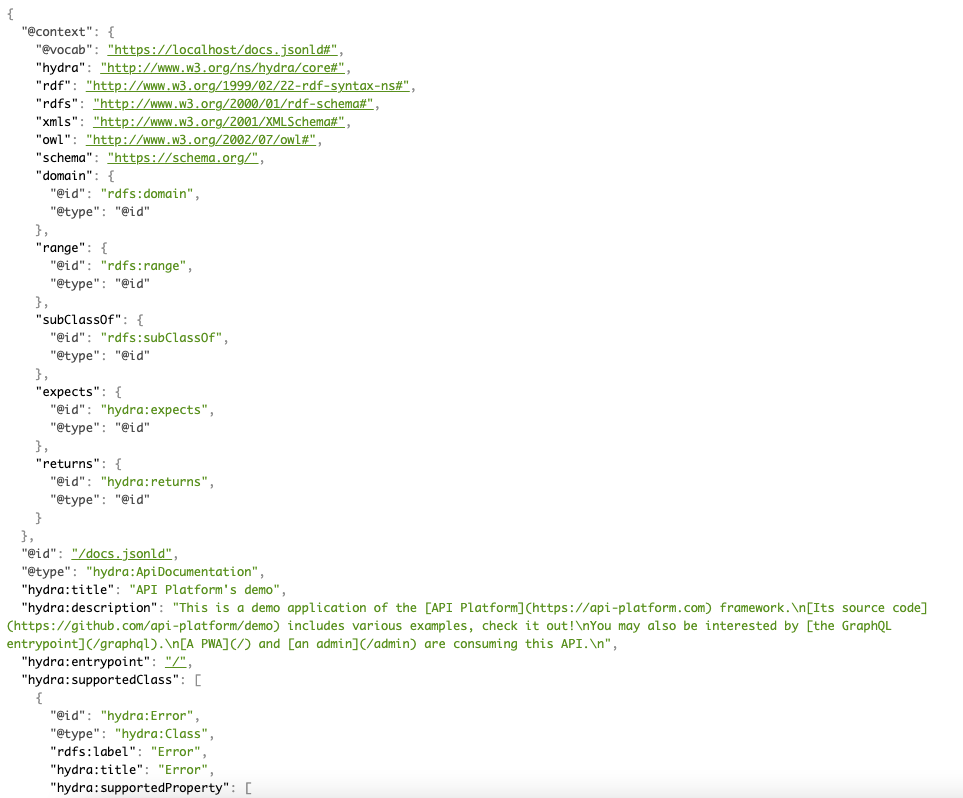
By incorporating these specifications, the API-Platform ensures that APIs are not only functional and performant but also accessible and understandable. The automatic generation of documentation and client libraries reduces the time and effort required to onboard new developers, foster collaboration, and integrate with other services. Furthermore, adherence to these standards promotes API longevity and interoperability, making API-Platform a powerful tool for developers aiming to build sustainable and scalable web services.